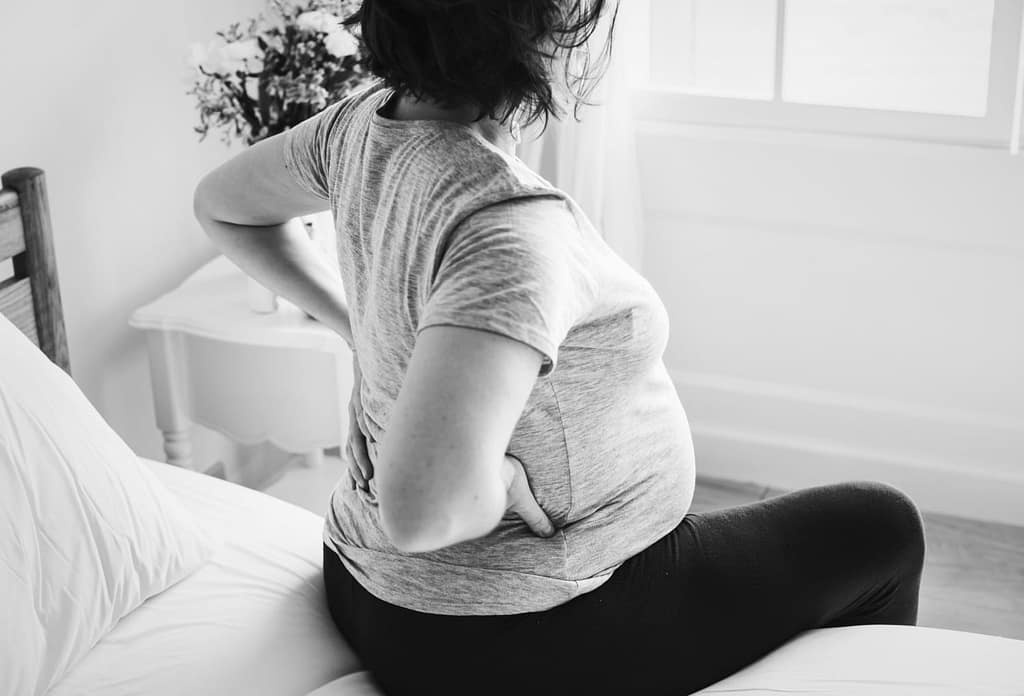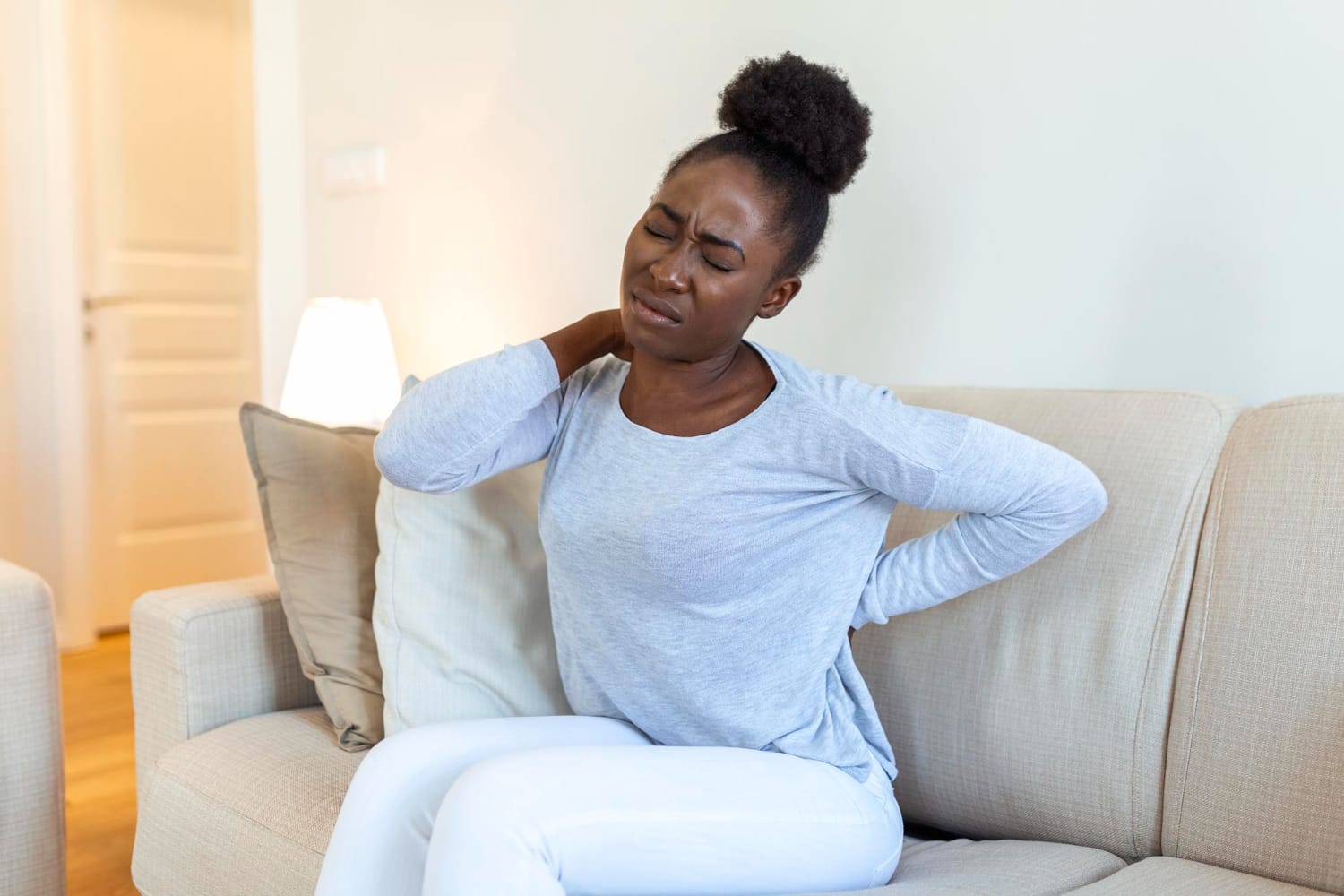Are you experiencing backache post-pregnancy? You’re not alone. Many new mothers suffer from back pain after childbirth, but few know the underlying causes and effective treatment options. In this article, we’ll delve into the amazing truth about backache post-pregnancy, exploring its causes, symptoms, and treatment options.
Understanding Backache Post-Pregnancy
Backache post-pregnancy is a common condition that affects many new mothers. It’s characterized by pain and discomfort in the lower or upper back, which range from mild to severe. Backache post-pregnancy can be caused by a combination of factors, including:
- Hormonal changes: During pregnancy, the hormone relaxin causes the ligaments in the back to relax, leading to instability and pain.
- Weight gain: Excess weight gained during pregnancy can put a strain on the back muscles, leading to pain and discomfort.
- Posture changes: Pregnancy can cause changes in posture, which puts a strain on the back muscles and leads to pain.
- Weakened core muscles: Pregnancy and childbirth can weaken the core muscles, leading to poor posture and back pain.
- Breastfeeding: Breastfeeding can cause back pain due to the constant lifting and bending involved.
Symptoms of Backache Post-Pregnancy
The symptoms of backache post-pregnancy can vary from woman to woman. Here are some common symptoms:
- Lower back pain: Pain and discomfort in the lower back, which can radiate to the buttocks and thighs.
- Upper back pain: Pain and discomfort in the upper back, which can radiate to the shoulders and arms.
- Muscle spasms: Muscle spasms in the back, which can be painful and uncomfortable.
- Fatigue: Fatigue and exhaustion, which can exacerbate back pain.
- Difficulty lifting: Difficulty lifting heavy objects or even the baby.
Treatment Options for Backache Post-Pregnancy

Fortunately, there are several treatment options available for backache post-pregnancy. Here are some effective options:
- Exercise: Gentle exercises, such as yoga and Pilates, can help strengthen the back muscles and improve flexibility.
- Physical therapy: Physical therapy can help improve posture, strengthen the back muscles, and reduce pain.
- Chiropractic care: Chiropractic care can help realign the spine, relieve pressure on the muscles and joints, and reduce pain.
- Massage therapy: Massage therapy can help relax tense muscles, improve blood flow, and reduce pain.
- Pain relief medications: Over-the-counter pain relief medications, such as ibuprofen or acetaminophen, can help alleviate pain.
Natural Remedies for Backache Post-Pregnancy
In addition to medical treatments, several natural remedies can help alleviate backache post-pregnancy. Here are some effective options:
- Heat or cold therapy: Applying heat or cold packs to the affected area can help reduce pain and inflammation.
- Herbal remedies: Certain herbal remedies, such as turmeric and ginger, have anti-inflammatory properties that can help reduce pain and inflammation.
- Aromatherapy: Aromatherapy can help relax tense muscles, improve mood, and reduce pain.
- Rest: Getting plenty of rest and engaging in relaxation techniques, such as deep breathing or meditation, can help reduce stress and alleviate back pain.
Preventing Backache Post-Pregnancy
While backache post-pregnancy is common, there are several steps you can take to prevent it. Here are some effective tips:
- Maintain a healthy weight: Excess weight can put a strain on the back muscles, so maintaining a healthy weight can help reduce the risk of backache.
- Exercise regularly: Regular exercise can help strengthen the back muscles, improve flexibility, and reduce the risk of backache.
- Lift correctly: Lifting heavy objects correctly can help reduce strain on the back muscles and prevent backache.
- Practice good posture: Good posture can help reduce strain on the back muscles, so practicing good posture can help prevent backache.
- Take regular breaks: Taking regular breaks to rest and stretch can help reduce the risk of backache.
Conclusion
Backache post-pregnancy is a common condition that affects many new mothers. By understanding the causes, symptoms, and treatment options, you can take steps to alleviate back pain and improve your overall health. Remember to exercise regularly, practice good posture, and seek medical attention if your back pain persists or worsens.

